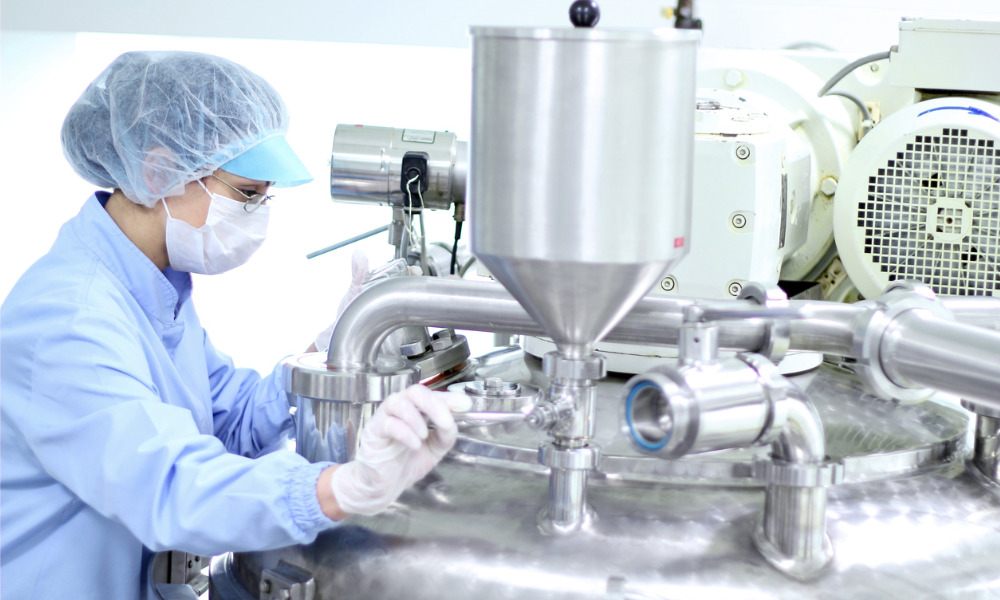Celestica’s general counsel continues environmental focus in challenging times

As many businesses scramble to operate at a reduced capacity during the COVID-19 pandemic, and legal departments are stretched to deal with increased demands while adjusting to working remotely, environmental risk may begin to take a back seat. However, continuing to comply with environmental legal obligations and meeting deadlines is a critical concern for in-house counsel.
“Companies may need to adjust policies and procedures surrounding health and safety in relation to sanitising, cleaning and physical distancing, so it’s important to examine the implications on the environmental side, to make sure those policies are tied together,” says Janet Bobechko, senior partner and certified specialist in environmental law at Norton Rose Fulbright Canada LLP.
Maintaining a focus on environmental matters continues to be a focus at Celestica Inc., a Toronto-based multinational design, manufacturing and supply chain solutions company. Although consumption of water and single-use plastics has increased at some of Celestica’s production sites to comply with current health and safety guidelines, other production sites have been closed and business travel has stopped entirely, so overall emissions will be significantly curtailed, according to Robert Ellis, SVP, general counsel, and corporate secretary, at Celestica.
“Our global policy is that anyone who doesn’t need to be located on premises is working from home,” says Ellis, who also manages the sustainability function at Celestica. “We are scaling back production as much as possible, so we are now only producing products that are truly essential.” For example, production of medical products and network communication devices has been deemed essential, in addition to the manufacturing work that Celestica does for the aerospace industry.
“We are focusing on our key products and taking a loss from a financial perspective to try and do our best to help plank the curve,” says Ellis. Protective equipment has been provided for staff at production sites and physical distance has been maximised between workers, to adhere to medical guidelines.
As a member of Celestica’s COVID-19 response team, Ellis participates in daily calls to address issues including employee safety and sustainability.
Bobechko recommends that organizations include a member of the environmental health and safety team in all discussions surrounding response to the pandemic, to ensure that environmental issues continue to be monitored.
“Involve the environmental health and safety co-ordinator in the COVID-19 team to ensure that they are aware of decisions being made and they can have input,” says Bobechko. “Most companies have had a robust environmental system for at least a couple of years, so you need to rely on that system and use that knowledge.”
Bobechko advises legal departments to review approvals to make sure they are operational and to file reports on time because missing a deadline in an approval or an order is an offence. If a potential non-compliance is identified, in-house counsel should be proactive and request an extension from the regulator.
“Tell the regulator that due to COVID-19 you have been unable to get the services you need to file a report, but you think you can do it if you have a 20-day extension, for example,” says Bobechko. “You’re being robust enough to say you’ve identified the issue and you’re providing a solution to the regulator.”
Together with his legal team at Celestica, Ellis plans to continue meeting all reporting deadlines and to publish the company’s usual sustainability report and third-party surveys.
“I don’t want to take my foot off the gas in terms of regular reporting,” he says. “There are different opportunities from regulators showing flexibility on deadlines and reports, but we intend to keep going as usual.”










